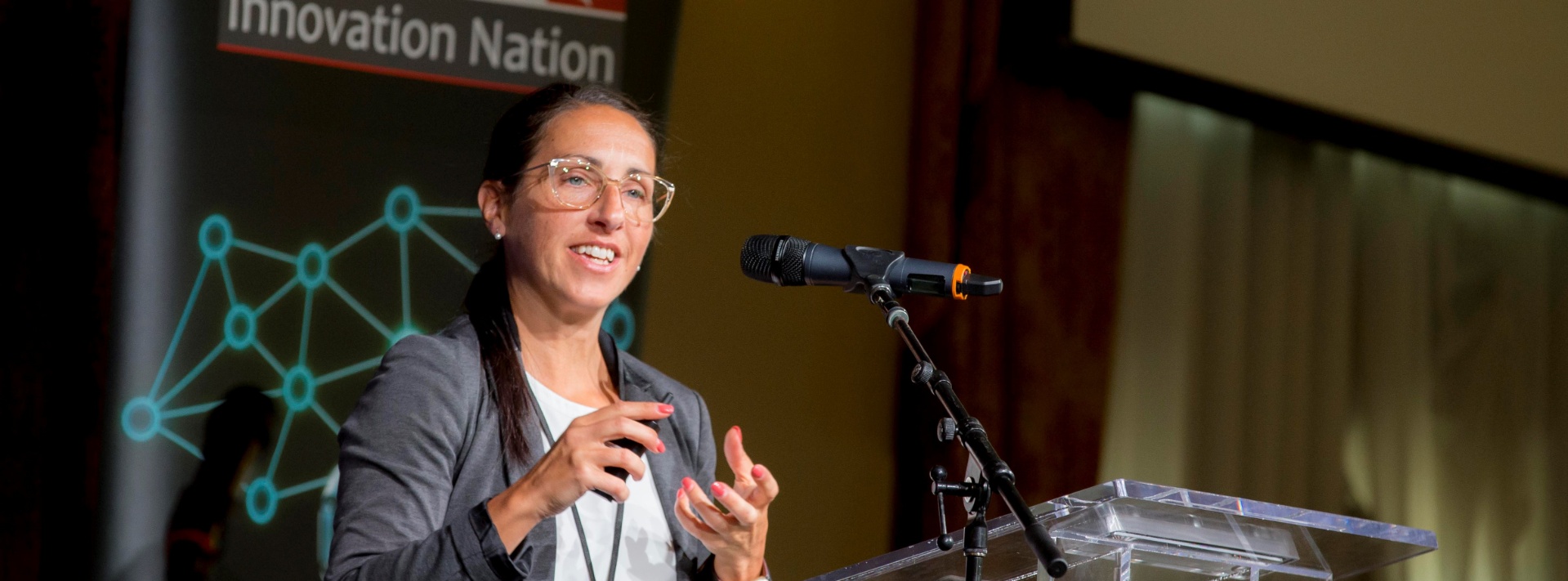Dr. Kirt Costello, is the International Space Station Chief Scientist and the ISS Research Integration Office Deputy Manager. As the chief scientist within the ISS Program, he represents all NASA research on the ISS, and provides recommendations regarding research on the ISS to the ISS Program Manager, ISS Research Integration Office Manager, and to various Mission Directorates at NASA Headquarters. In this role, he ensures science leadership in the operations of research on the ISS and will lead definition of science needs for the ISS program.
As RIO Deputy Manager Dr. Costello supports the day-to-day operations and integration work in the RIO office with a special focus on RIO external client relations.
Dr. Costello earned a Ph.D. and an M.S. degree in Space Physics and Astronomy from Rice University and was a double major with a B.S. in Physics and a B.S. in Mathematics from Thomas More College. Dr. Costello joined NASA in 2000 as an electrical power and thermal control training instructor in the Mission Operations Directorate. He proceeded to become an ISS Station Training Lead and the group lead for the ISS Daily Operations Group and Plug–in Plan Utilization Officers (PLUTO) before moving into the ISS Program Science Office in 2012. Since 2015, Dr. Costello had served as the ISS Deputy Chief Scientist and the Program Science Office manager. He has served as the ISS Chief Scientist since 2018.
Title of Talk: The Decade of Results: Capitalizing on the Investments On the ISS for the Benefit of Humanity.


